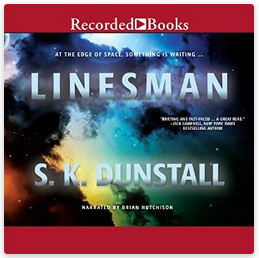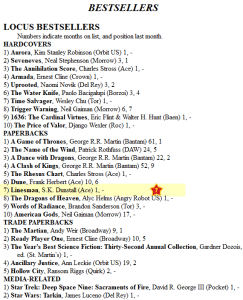
Paul, from Recorded Books, rang the other day, for the pronunciation list for the audio book version of Alliance.
23 February is coming up fast.
The creation of an audio book from the writer’s point-of-view
From our end, we have very little to do with creation of the audio book.
A month or two before the book is published, we get an email from Paul, with a list of words that they need to confirm pronunciation for. It’s mostly names.
- Ean—pronounced as Ian
- Galenos—Gall-en-os (short a, as in hat)
We agree on a time for him to call.
You might recall from earlier blogs that Sherylyn and I don’t always pronounce words the same way, so before that call we go through the list to agree how these particular words will be pronounced.
Paul calls us, and we talk through the list. It’s usually one of us on the phone, with the other close by.
I have to say, when you’re speaking directly to someone with a US accent, Australian pronunciation often comes across as broad and flat.
One day, when we have time, I’ll set up an audio file of the words we have to pronounce.
For Linesman, the audio came out on Audible when the book was published. The Recorded Books CD package came out in December 2015, so we are now the proud owner of a ten-CD set audible copy of Linesman as well. All 12 hours and 41 minutes of it.
The actor’s point-of-view

The Linesman books are narrated by actor Brian Hutchison, who has done a lot of stage work, as well as appeared on television shows. He’s also a photographer.
We don’t know how Brian works, but Wil Wheaton talks about the process of recording audio for books and games in the first section of “This is why I support a SAG-AFTRA strike authorization for video games — and it isn’t about money“. Wil’s article is more about reading for games than it is about reading for books, but he describes it using the example of reading from a book.
We read our own books aloud, and we can do around ten pages before our voice starts to go. If we do it every day we do start to lose our voice. Reading a complete book aloud is hard work.
Another interesting take on recording the audio for a book is Katie Hafner’s The Unexpected Agony of Recording Your Own Audiobook.
Linesman has been well received in audio
The addition of the narrator adds an extra dimension to the story.
Probably the biggest surprise for us is how many people listened to the audio book. It’s a larger proportion of total people who ‘read’ the book than we expected.
It has been well received, and review-wise, it’s rated well too.



